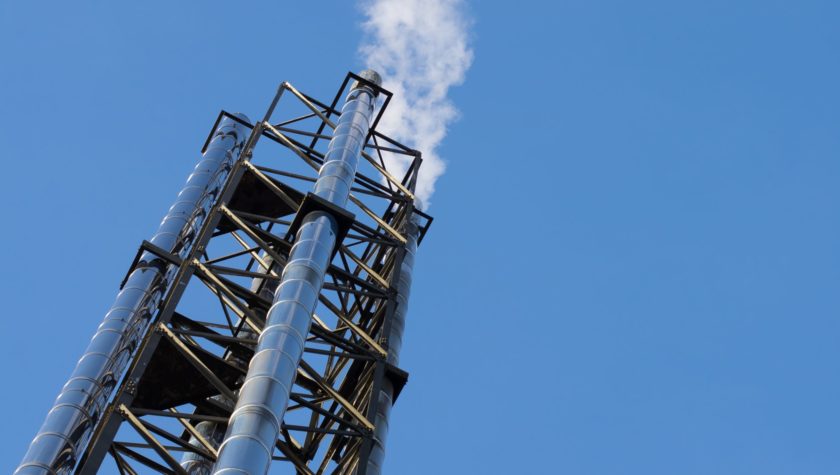A new report today says big reductions in the cost of renewable energy generation mean the goal of zero greenhouse gas emissions by 2050 is achievable. But only if steps are taken now to boost low carbon power and heating – in line with recommendations made in the UK’s first-ever National Infrastructure Assessment.
The Committee on Climate Change report ‘Net-zero: the UK’s contribution to stopping global warning’ highlights progress towards achieving net-zero carbon emissions and proposes ambitious and tougher targets for reduction. These are increasingly achievable thanks to new technologies, it says, and the reduction in costs of batteries for electric vehicles and offshore wind generation in particular mean net-zero greenhouse gas target can be met at an annual cost of up to 1-2% of GDP to 2050.
The National Infrastructure Assessment recommended a target of 50 per cent of the UK’s electricity to come from renewable sources by 2030, as part of a shift towards a mix of renewable generation. In addition, the Commission called for the government to establish large-scale trials by 2021 to test the case for hydrogen and heat pumps as replacements for natural gas.
The Assessment also called for a national network of electric vehicle charging points, to support the ambition of nearly 100% of new car and van sales being electric by 2030.
Chair of the National Infrastructure Commission Sir John Armitt said:
“Today’s report highlights the importance of urgent, concerted action to protect the UK’s economy and environment from the impacts of climate change. Future generations won’t forgive us if we don’t act together and with a sharp focus.
“But to achieve net zero emissions by 2050, we must put in place the infrastructure we need to change how we travel and how we power and heat our homes and businesses.
“The key step is to ensure a rich mix of renewable energy sources. That’s why in the UK’s first National Infrastructure Assessment we called for at least 50 per cent of our electricity to come from renewable sources by 2030, along with measures to speed up the delivery of lower carbon heating for our homes and the adoption of electric vehicles.
“It is essential that the government’s National Infrastructure Strategy, expected this autumn, sets out a robust and effective plan for funding and delivering these changes.”




